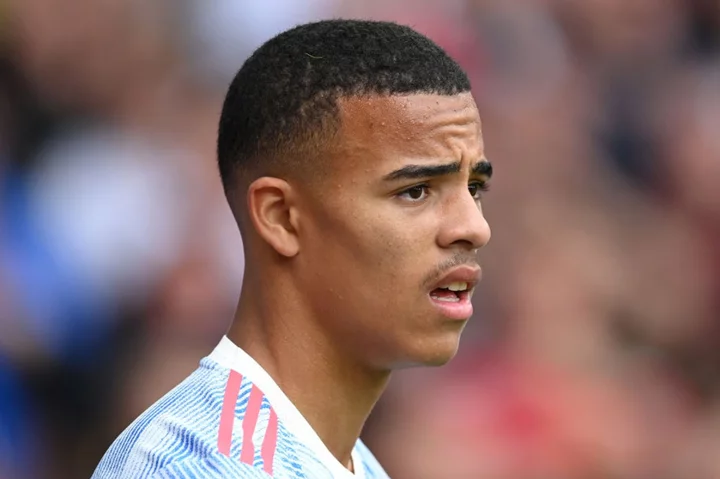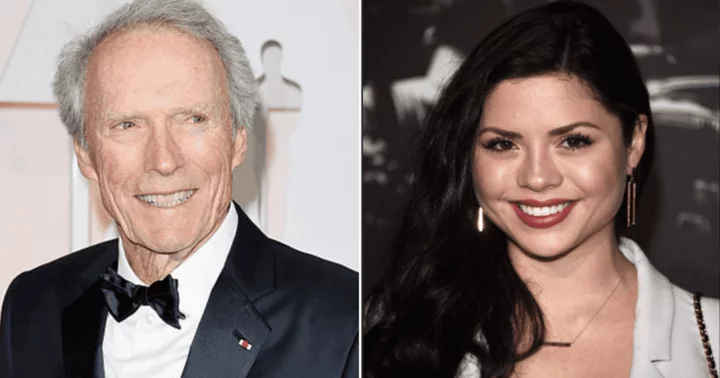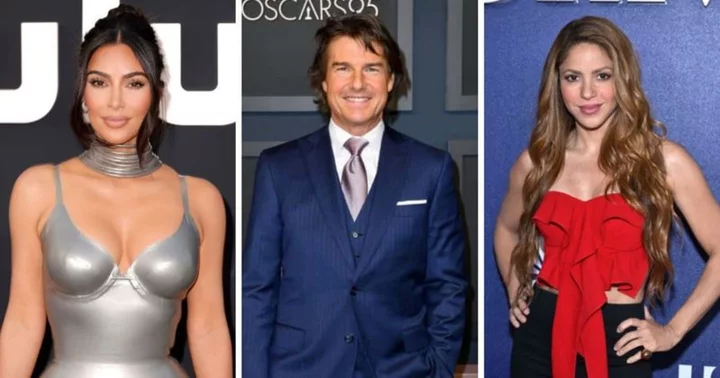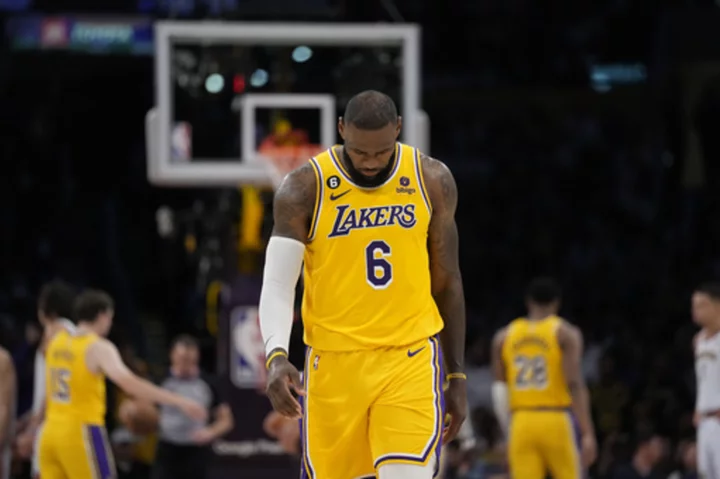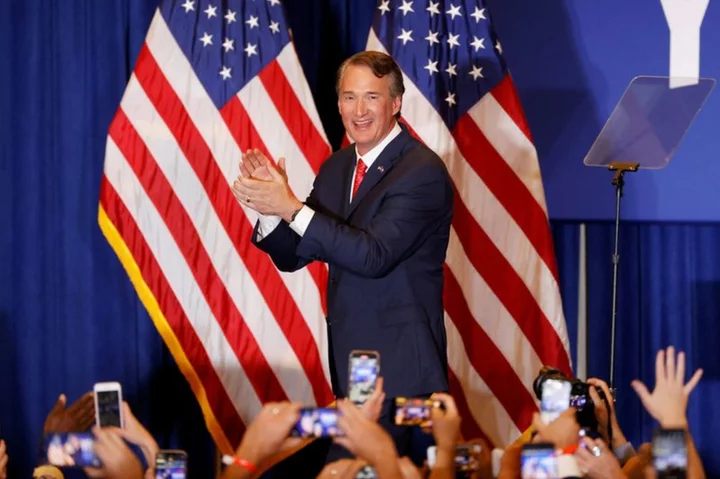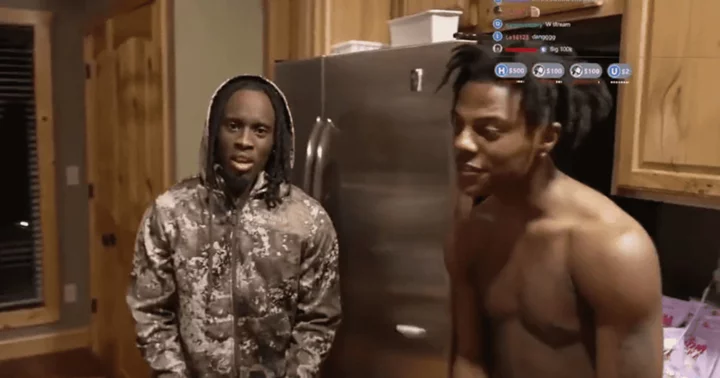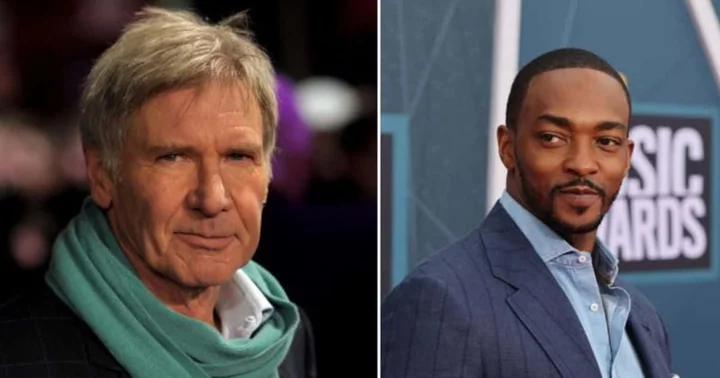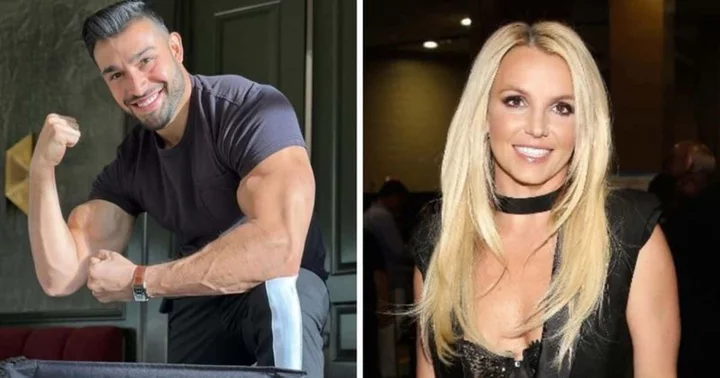“Intense internal deliberation,” Manchester United called it in something of a holding statement. Mason Greenwood’s future is the subject of rather more than that; it is a situation with considerable and potentially colossal implications, on and off the pitch. It will affect, and probably damage, United’s reputation. It will probably give their various sponsors a question of whether to terminate their relationship with the club. It certainly could bring a backlash against entirely blameless players in their women’s team.
At some stage, an announcement will come whether Greenwood’s contract is terminated or whether he will play for United again. The club said the “fact-finding” stage of their investigation into his conduct is complete and that chief executive Richard Arnold will make the final decision; and yet the belief is that the decision is made and that Greenwood will stay.
This is a moral, commercial and footballing issue: even perhaps the world’s biggest club have seemed ill-equipped to deal with an issue of its magnitude and sensitivity.
The bare facts are that in January 2022, disturbing audio emerged of a voice, assumed to be Greenwood’s, as a man tried to force himself upon a woman. Greenwood was subsequently arrested and later charged with attempted rape, assault occasioning actual bodily harm and controlling and coercive behaviour. The charges were dropped in February 2023 by the Crown Prosecution Service when new material emerged and key witnesses withdrew their involvement. United then opened their internal investigation. Since then, Greenwood has remained suspended by the club, unable to play or train.
United can argue a six-month investigation is a sign of how thorough it has been: they say they have spoken to plenty of people and considered evidence that is not in the public domain. Yet concluding it was always likely to be a problematic part: perhaps it would have been easier if it was done in June, in the off-season.
Instead, it has been mishandled. United had communicated privately that they would reveal their decision before the start of their campaign. It kept being put back: originally slated for 4 August, it was later said it would not be made on last Wednesday or Thursday, then not on Friday, either.
But part of the process was that United needed to communicate with what they termed key stakeholders: they include sponsors and commercial partners, fans’ groups and their women’s team. And the fact that some of the players are in Australia, trying to win the World Cup, seemed to have passed United by and led to suggestions the decision was in their hands and the sadly inevitable social medial abuse.
With the Women’s World Cup final on Sunday and the prospect of the players having time off before returning to United, it means an announcement may not come until September.
But, with each step, it seems ever more likely that they are trying to find a way to explain that Greenwood will return to the club. There is little doubt that keeping Greenwood would bring outrage, and not merely outside Old Trafford; certainly some staff would be unhappy and it would be entirely understandable if members of the Women’s side were too (that United only formed a Women’s team in 2018 showed a lesser commitment than many of their rivals displayed).
Eight of the men’s squad have joined since Greenwood last played but he is not thought to have been universally popular in the dressing room when he was involved.
Meanwhile, there are other aspects to consider. The alleged victim cannot be named for legal reasons; her anonymity is important, though it also means the picture visible to the wider world is incomplete.
United are yet to divulge the findings of their investigation. One finding, in particular, should be key in a society where there ought to be some scope for rehabilitation of the repentant: is Greenwood sorry or just sorry he got caught?
He and United can argue that he was not convicted of any criminal offence, though that does not automatically render him an innocent man. They can say he has suffered a punishment by already losing 18 months of a relatively short career.
They would probably be right if they concluded that virtually any other club would keep Greenwood; unpleasant as that suggestion will be, it is a reality of football. Even for a club of United’s wealth – with an annual turnover of around £600m and having spent about £170m on signings this summer – would be reluctant to let a footballer with the talent to be worth £100m go.
Their owners, the Glazer family, have rarely seemed aligned with what fans desire. The manager, Erik ten Hag, has a team who scored too few league goals last season. Meanwhile, Greenwood, still only 21, is United’s youngest goalscorer in Europe; only Norman Whiteside and George Best scored more for United as teenagers.
Does any of that matter? Many would say no. In an assessment of his character, it certainly does not. But there is a double standard in football. Were a steward, a kitman or a press officer to have behaved as Greenwood did, it would be a simple decision to dismiss them for gross misconduct. But footballers are treated differently and United are wrestling with the question of how to justify that.
Read MoreMan Utd confirm Greenwood investigation is over - but no decision on future made
Manchester United delay decision over Mason Greenwood’s return
Michael Olise signs bumper new deal as Crystal Palace fend off Chelsea interest
Michael Olise signs bumper new deal as Crystal Palace fend off Chelsea interest
US will not poach ‘special’ World Cup manager Sarina Wiegman, FA insists
Premier League clubs interested as race for Jeremy Doku’s signature heats up

